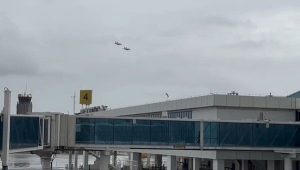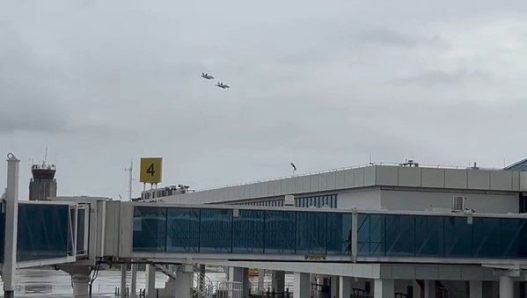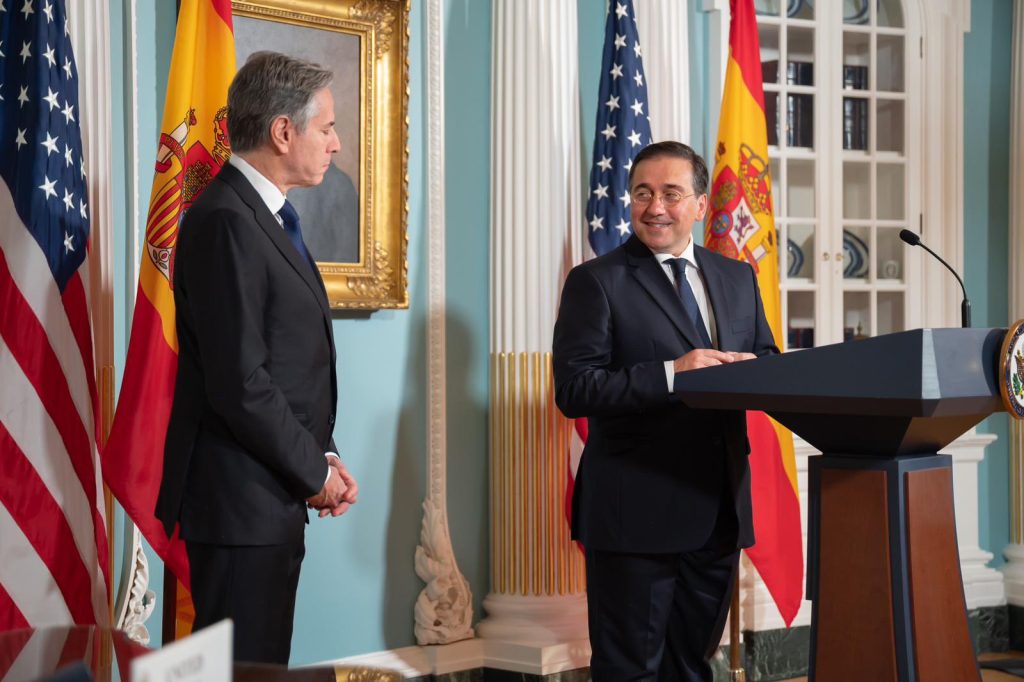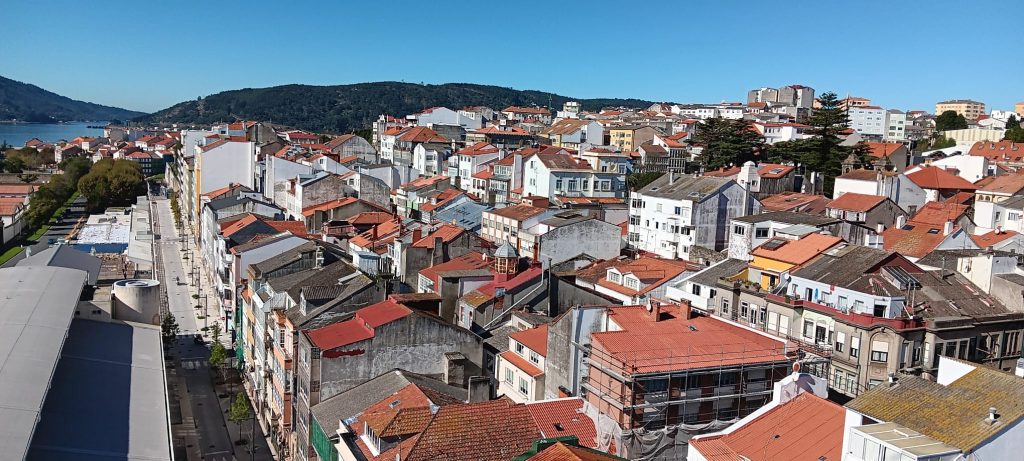
UNITED STATES 'WARNS' VENEZUELA
By Óscar Ruiz / Escudo Digital
On Thursday, May 9, two U.S. military aircraft flew over the capital of Guyana and surrounding areas, in a clear message of support to Guyana from the United States. This incident, described as a provocation by Venezuela through the mouth of its Minister of Defense, adds to the growing tensions between both Latin American countries due to the territorial dispute over the Essequibo.
Previously, the U.S. embassy in Guyana announced through its social networks that two F/A-18F Super Hornets would carry out a coordinated overflight approved by the Guyanese authorities over Georgetown and its surroundings. This action takes place in the context of the military collaboration between Washington and Georgetown, which has generated increased concern in Venezuela which insists on taking over the Essequibo region.
The territorial dispute between Venezuela and Guyana over the territory of the Essequibo, a region rich in natural resources such as minerals and oil, has been a source of conflict for decades. Venezuela claims sovereignty over this area since 1897, arguing that it was stripped of it during the delimitation of borders at the end of the 19th century. This region represents two thirds of Guyana’s territory.
Military relations between the United States and Guyana have strengthened in recent times, with Washington pledging to assist Guyana in acquiring new military equipment, including aircraft, helicopters and drones. However, Guyana has not provided details on this collaboration.
Venezuela has reaffirmed the activation of its Integral Aerospace Defense System against any attempt to violate its geographic space, including the territory of the Essequibo, which could lead to an “incident” if U.S. fighter planes fly over that area. The Venezuelan government has taken unilateral measures, such as the holding of a referendum to establish a new state in the Essequibo and the enactment of a law for its creation, actions which have been criticized by Guyana as steps towards annexation of the disputed territory.
The two countries maintain divergent positions on the resolution of the conflict, with Guyana advocating the intervention of the International Court of Justice, while Venezuela advocates negotiations within the framework of the Geneva Agreement. However, Venezuela’s unilateral actions have further complicated the situation and raised tensions in the region.
The upcoming elections at the end of July in Venezuela are pushing President Maduro to make hasty decisions, both with respect to his most direct rivals at the polls, as well as in his foreign policy.
————
This article was originally published in Escudo Digital, with whose permission we reproduce it here.



